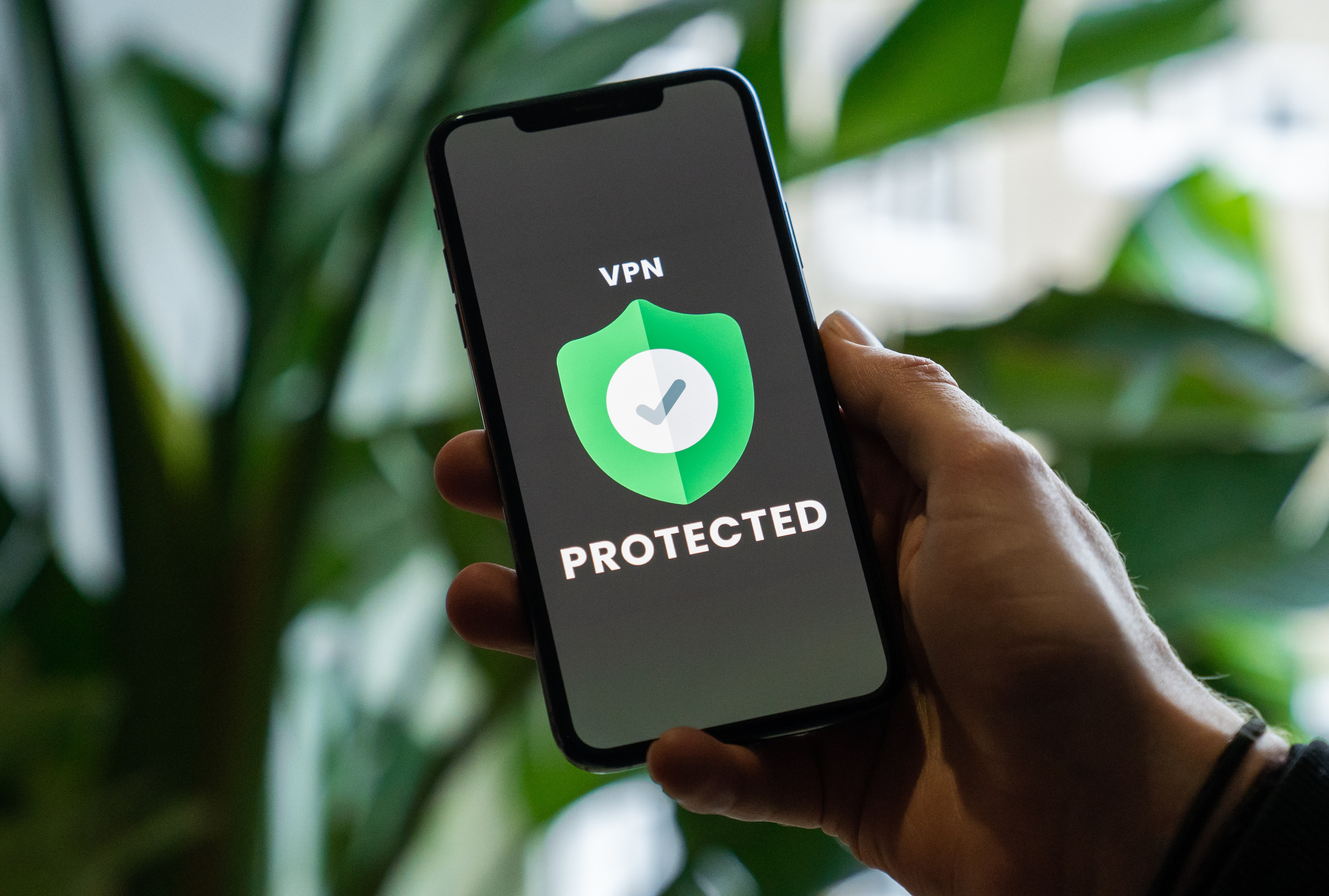FAQ

Q: What are some common cybersecurity threats I should be aware of?
A: Common cybersecurity threats include phishing scams, malware, identity theft, and hacking. It is important to be vigilant about suspicious emails, links, and downloads, and to use strong passwords and security software to protect your devices.
Q: How can I protect my personal data online?
A: To protect your personal data online, use strong and unique passwords for all of your accounts, avoid sharing personal information on social media or other online platforms, and be cautious when sharing information with unknown parties. You should also regularly update your privacy settings on social media and other online platforms to ensure that your information is not being shared without your consent.
Q: How can I ensure that my devices are secure?
A: To ensure that your devices are secure, regularly update your software and security settings, use antivirus and anti-malware software, and avoid downloading or installing software from unknown sources. You should also use two-factor authentication whenever possible, which requires a password and a secondary method of verification such as a fingerprint or text message.
Q: How can I avoid becoming a victim of cyberbullying?
A: To avoid becoming a victim of cyberbullying, be cautious about what you share online, and avoid engaging with individuals who are behaving aggressively or inappropriately online. You should also be aware of the resources available for reporting cyberbullying and seeking support, such as your school, workplace, or local law enforcement.
Q: How can I ensure that my children are safe online?
A: To ensure that your children are safe online, monitor their online activity and use parental controls and filtering software to limit access to inappropriate content. You should also teach your children about safe online behavior, such as avoiding sharing personal information online and being cautious about meeting strangers in person.
Q: What should I do if I suspect that my personal information has been compromised?
A: If you suspect that your personal information has been compromised, contact your financial institution, credit card company, or other relevant organizations immediately to report the issue and take steps to protect your accounts. You should also consider placing a fraud alert or security freeze on your credit report to prevent further unauthorized activity.
Q: What is AI?
A: AI, or artificial intelligence, refers to the ability of machines or computers to perform tasks that would typically require human intelligence, such as recognizing patterns, learning, and problem-solving.
Q: How does AI work?
A: AI works by using algorithms and data to learn and make predictions or decisions. It uses machine learning, natural language processing, and other technologies to simulate human intelligence.
Q: What are some examples of AI applications?
A: AI is used in a wide range of applications, including virtual assistants, image recognition, predictive analytics, autonomous vehicles, and smart homes.
Q: Is AI replacing jobs?
A: AI has the potential to automate certain tasks and jobs, but it can also create new jobs and opportunities. While some jobs may be replaced by AI, others will require human skills such as creativity, problem-solving, and emotional intelligence.
Q: How is AI being regulated?
A: AI is a rapidly evolving field, and regulations are still being developed to address its ethical, legal, and societal implications. Some countries have established AI policies and guidelines, and international organizations such as the OECD and EU are working on developing AI principles.
Q: What are some ethical concerns surrounding AI?
A: Ethical concerns around AI include issues of bias, transparency, privacy, accountability, and the potential misuse of AI technologies for surveillance or harm.
Q: Can AI be biased?
A: AI can be biased if it is trained on biased data or algorithms. This can lead to discriminatory outcomes in areas such as hiring, lending, and criminal justice.
Q: Is AI dangerous?
A: AI can be dangerous if it is not developed and used responsibly. There are concerns about the potential misuse of AI technologies, such as autonomous weapons or surveillance systems.
Q: How can I learn more about AI?
A: There are many resources available to learn more about AI, including online courses, books, and conferences. Some popular resources include Coursera, Udemy, and MIT OpenCourseWare.